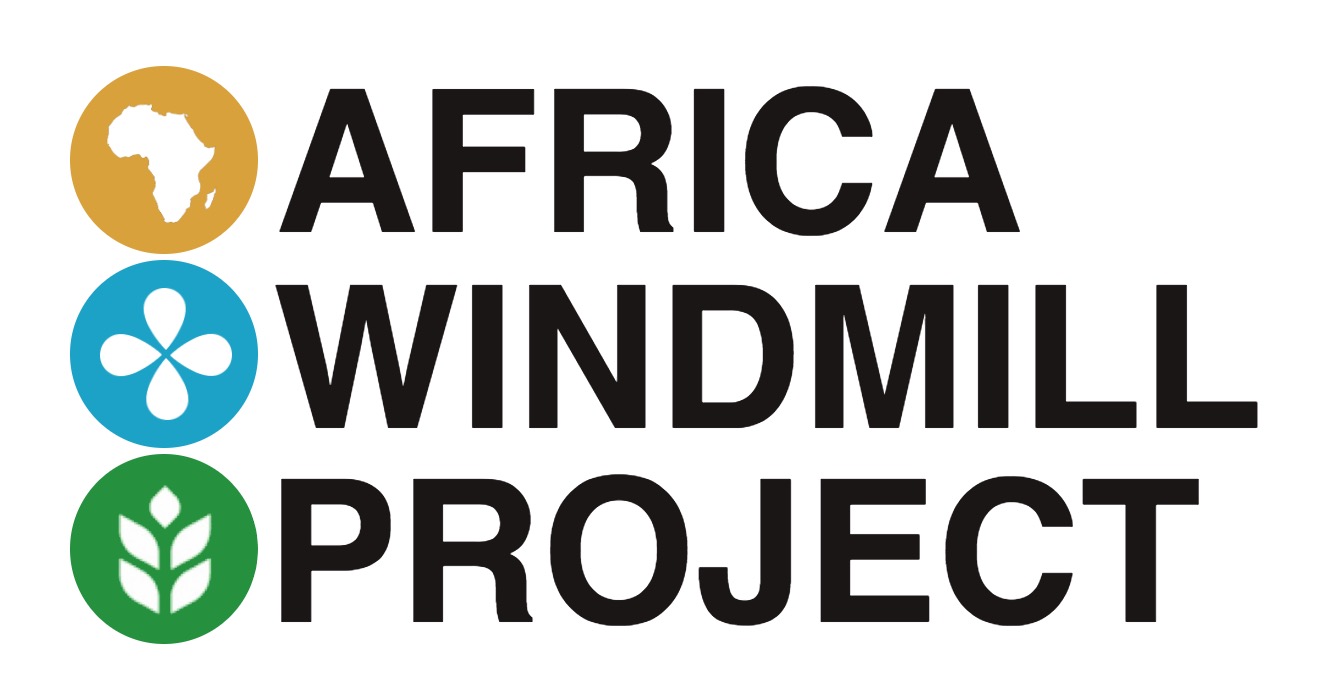Dorothy's Life Is Changing
Change comes slowly in Malawi. Traditions are handed down carefully from generation to generation and followed faithfully. In the midst of rapid globalization and urbanization, this preservation of tradition is in many respects a rare treasure. But sometimes, change needs to come.
That’s the recognition that dawned on Dorothy Kazula, a small-scale farmer from Guzikonde village. From the time she was married 25 years ago, Dorothy was careful to follow the agricultural practices of her forebearers--planting once a year, three seeds together, no irrigation. Dependent on rain-fed farming alone, her crops regularly dried up and her yields were small. She had to portion out what little fertilizer she could afford. Dorothy began to feel a growing unease about the agricultural traditions she had always known.
Right about then, it became obvious to her that farmers in her area who were taking up irrigation farming were having better outcomes. Intrigued, she was among the first to join the Mteza club when it started in her village in 2017. The club taught her correct techniques for irrigation farming. She learned about composting and manure to increase soil nutrients. She began to use an AWP-provided rope-and-washer pump for irritation. And that’s when Dorothy’s life began to change.
“Before I got married, I thought one was supposed to farm once a year, and that’s during rainy season, but now I know better,”
Dorothy reflects. Irrigation farming and planting throughout the year, has given her enough money to provide food for her family, and school uniforms and stationery for her children. On top of that, the profits she makes are enough for her to buy plenty of fertilizer for the maize, beans, and peas she plants, something she had never been able to do. Even in 2021, when shortages resulting from the COVID-19 pandemic drove the price of fertilizer up from $25 to $40 a bag, Dorothy was still able to purchase enough fertilizer for her entire one-acre garden.
At Africa Windmill Project, we work toward gradual, sustainable, culturally respectful change to enable farmers to be food secure through crop management, irrigation techniques, and irrigation technology.


